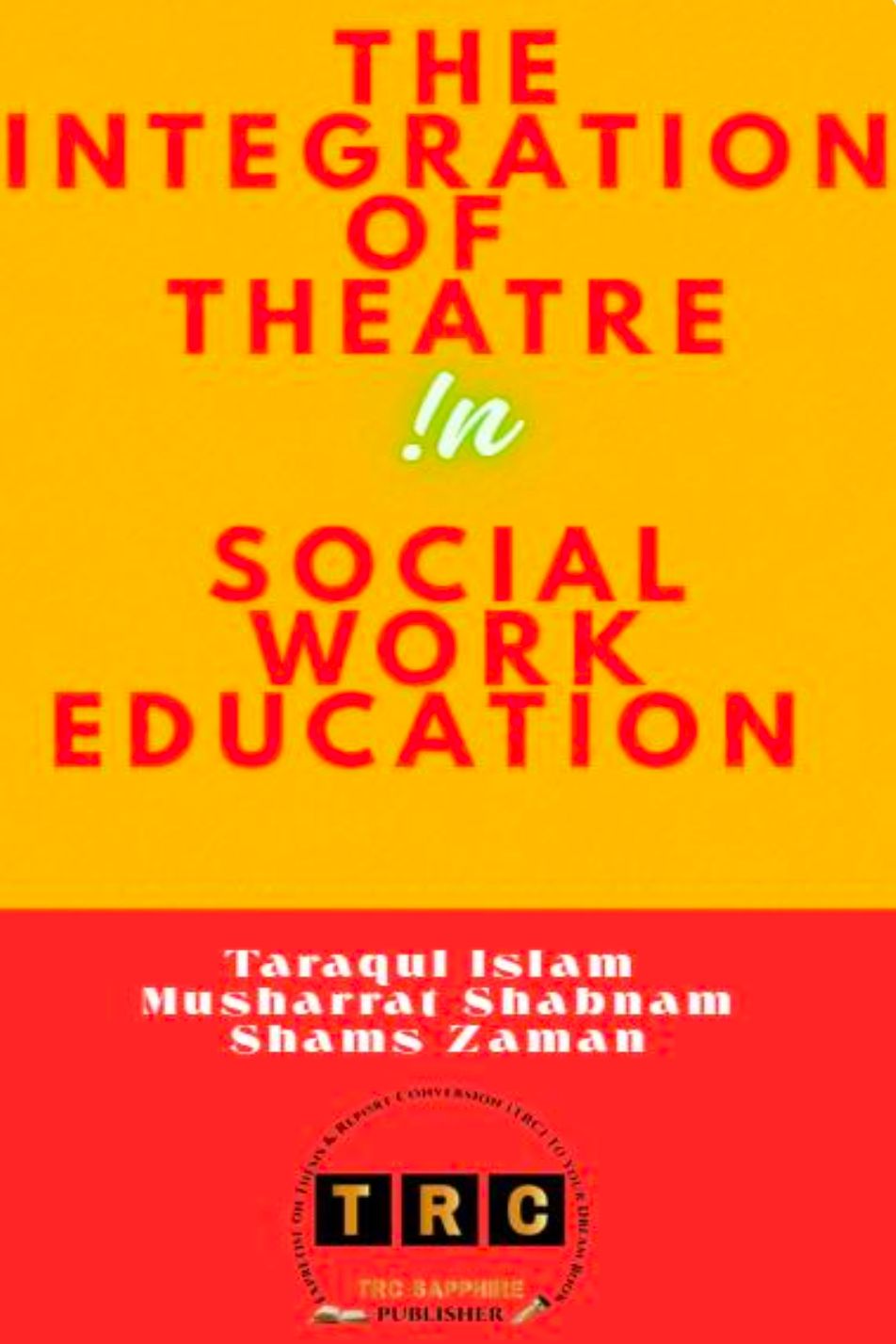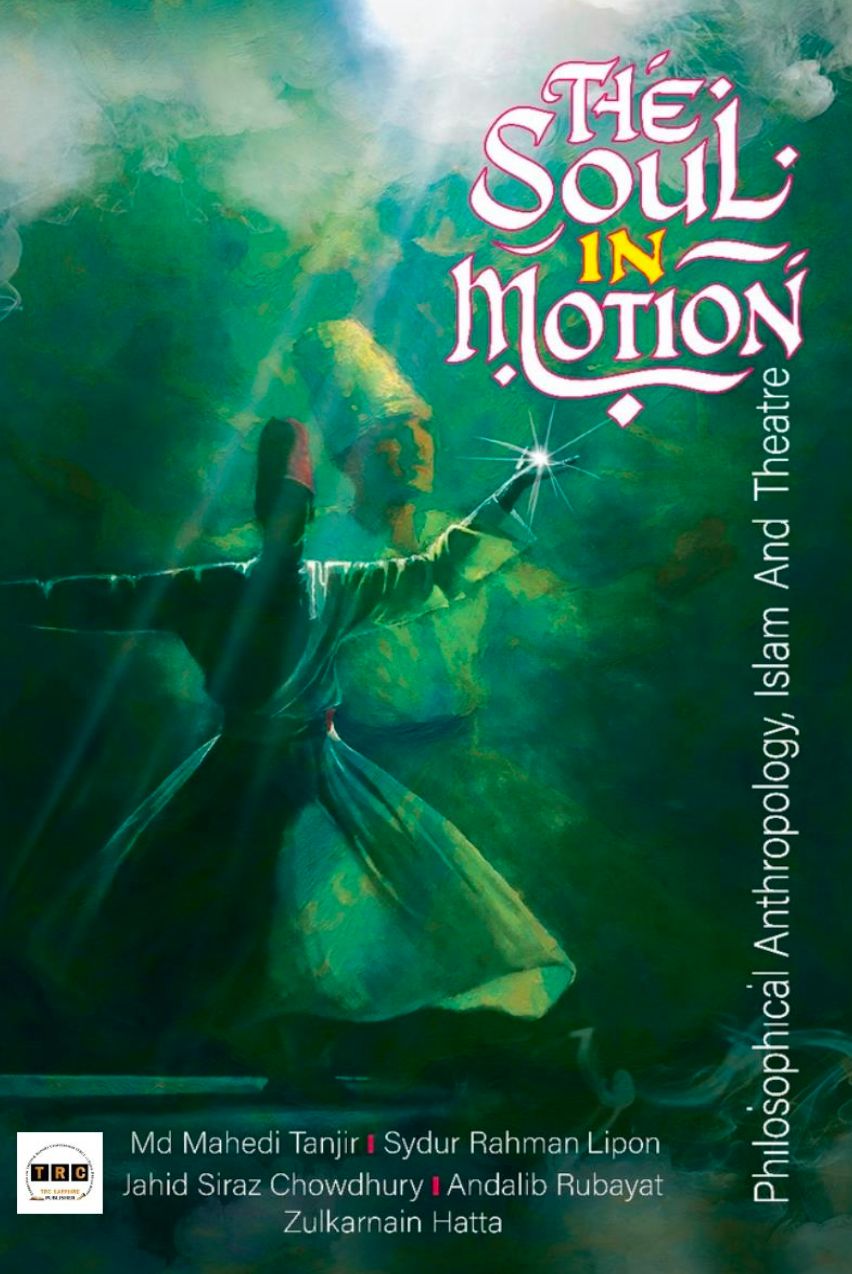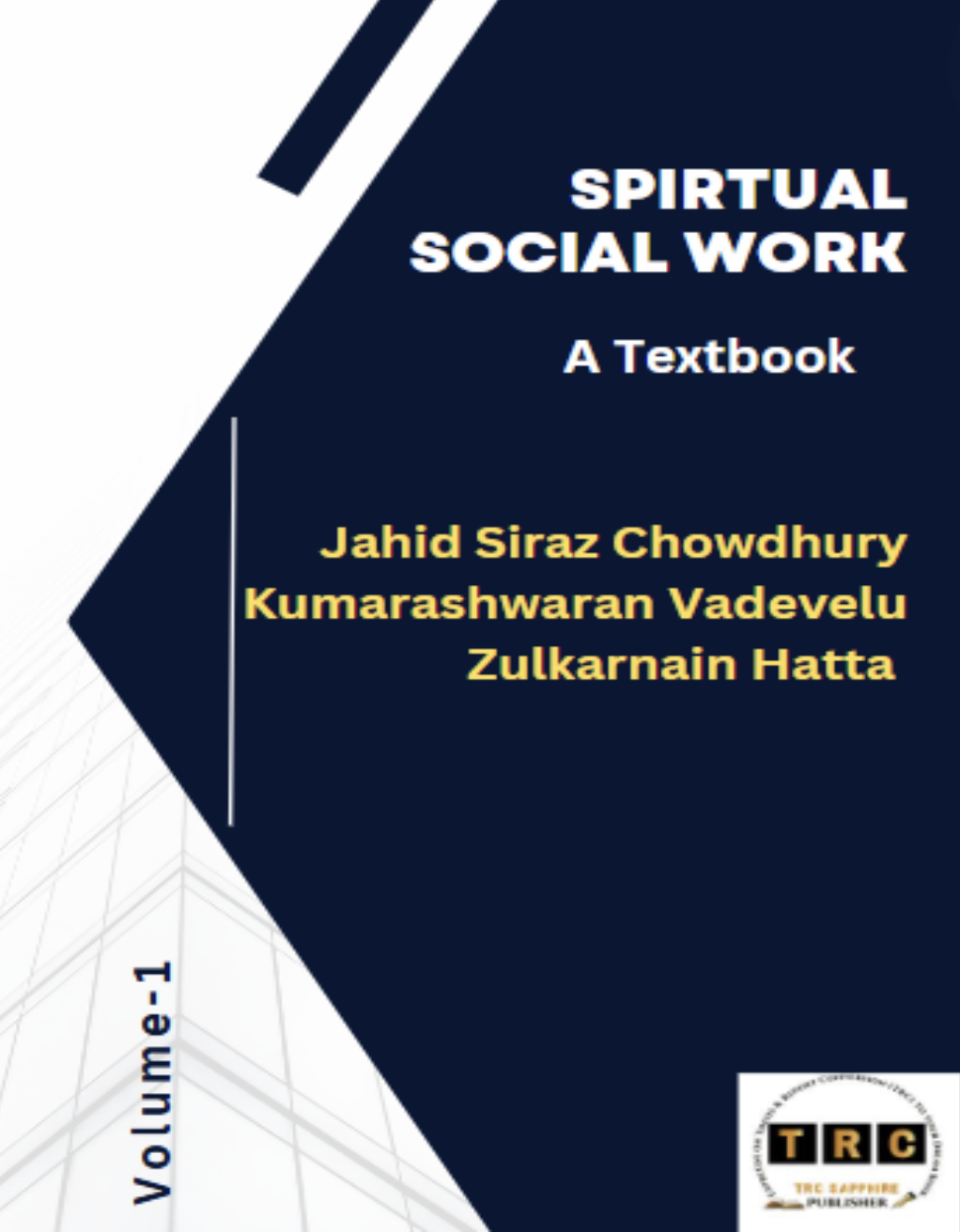

THE INTEGRATION OF THEATRE IN SOCIAL WORK EDUCATION
The book explores the profound role theater plays in promoting empathy, fostering critical consciousness, and catalyzing social change.
Latest edition | 2024
Overview
The book explores the profound role theater plays in promoting empathy, fostering critical consciousness, and catalyzing social change. This preface presents the intellectual and practical foundations of this interdisciplinary endeavor, contextualizing the book’s objectives in the historical, theoretical, and empirical contributions that underpin the use of performance in educational and social work contexts. By bridging art with advocacy,
The central aim of this book is to demonstrate theater's potential to address social injustices and foster inclusive, resilient communities. Social work, as a profession dedicated to promoting well-being and justice, finds a natural ally in theater, which can amplify marginalized voices and provide safe spaces for dialogue and reflection (Faigin & Stein, 2010). Similarly, education, when rooted in experiential learning, nurtures empathy, critical thinking, and civic responsibility (Lewandowska & Węziak-Białowolska, 2023). By presenting a comprehensive framework for incorporating theater-based methods into social work and education, this book equips practitioners, educators, and researchers with tools for fostering relational empathy, cultural competence, and systemic change (Giesler, 2017). The discussion spans historical precedents, theoretical frameworks, case studies, and contemporary applications, offering a robust analysis of how performance can challenge hierarchies, heal trauma, and inspire action.
About this book
Table of Contents
Preface
Why Are We Writing This Book?
Who Are We Writing This For?
Why Is This Book Important?
What Is Our Super Objective?
Chapter One: Introduction
Purpose and Significance
Historical Foundations of Theater as Social Intervention
Theoretical Frameworks: Freire, Boal, and Critical Pedagogy
Theater as a Tool for Empathy and Social Awareness
Intersections with Social Work and Educational Practice
Comparative Overview of Indigenous and Decolonial Scholarship
References
Chapter Two: Foundations of Theatre in Social Work and Education
The Roots and Origins of Theatre as a Social Tool
Theater in Ancient Greece: Public Spaces for Reflection, Debate, and Catharsis
Indigenous and Communal Storytelling Traditions as Precursors to Modern Theater
References
Chapter Three: Theoretical Connections — Theatre and Social Work Principles
Overview of Theatre as a Medium for Expression and Community Engagement
Contemporary Theatre Practices in Social Work
Theoretical Foundations of Role Embodiment
Role Embodiment in Applied Theater and Social Work
Case Studies: Role Embodiment in Practice
Forum Theater for Community Empowerment
Benefits of Role Embodiment for Understanding Diverse Perspectives
Challenges and Ethical Considerations
Future Directions for Role Embodiment Research and Practice
Neuroscientific Perspectives on Empathy and Narrative Immersion
Storytelling as a Cultural and Emotional Bridge
Theatre as a Medium for Intercultural Dialogue and Unity
Performances Addressing Migration, Racism, and Social Integration
Theatre as Reflective Practice for Emotional Development and Self-Awareness
Integration with Theoretical Frameworks
Paulo Freire’s Pedagogy of the Oppressed
Augusto Boal’s Theatre of the Oppressed
Conclusion
References
Chapter Four: Case Examples — Theatre as a Catalyst for Social Awareness and Healing
Social Awareness Through Theater
Community Theater for Change
Grassroots Performances Addressing Local Issues
Environmental Awareness Plays in Rural Communities
Gender Equality Workshops through Role-Play
School-Based Programs
Theater Workshops on Bullying, Inclusion, and Conflict Resolution
Partnerships between Educators and Theater Practitioners
Theater’s Role in Emotional and Psychological Healing
Trauma Recovery
Healing Collective Trauma in Post-Conflict Societies
Case Study: Applied Theater in Post-Genocide Rwanda
Mental Health Interventions
Performance and Mental Health Awareness
Drama Therapy Techniques for PTSD, Anxiety, and Depression
Theater as a Space for Experimentation
Avant-Garde and Experimental Performances
Performance Art Challenging Social Norms
Conclusion
References
Chapter Five: Theatre’s Contemporary Role in Social Work Practices
Introduction
Enhancing Social Work Practices
Integrating Theatre in Addressing Complex Social Challenges
Unique Contributions of Theatre
Creativity in Problem-Solving
Nonverbal and Embodied Communication Techniques
Expanding the Social Worker’s Toolkit
Training Social Workers in Dramatic Methods
Theatre-Based Interventions in Counseling and Community Programs
Collaborative Opportunities for Integration
Partnerships between Artists, Educators, and Social Workers
Interdisciplinary Approaches to Social Issues through Theatre
References
Chapter Six: Conclusion
Recap of Key Insights
Theatre’s Historical and Theoretical Roots in Social Work
Impact on Empathy, Empowerment, and Community Engagement
Future Pathways
Future Research and Program Development Using Theatre-Based Methods
References
Authors
About the author (3)
Md. Tarequal islam
Md. Tarequal islam is a Bangladeshi actor and researcher currently Doing his PhD at Lincoln University, Malaysia. He has published in leading international journals including Springer Nature and IGI Global. He has also participated in two international conferences, showcasing his academic contributions on a global platform
Muhammad Shams Zaman
Muhammad Shams Zaman is a PhD student at Lincoln University College, Malaysia, specializing in Education and Business. With a strong academic foundation, he has completed both a BA and an MBA in Merchandising. His research interlaces business principles with artistic expressions, contributing valuable insights to both fields. Committed to social studies and social development, Muhammad focuses on understanding the connections between human beings through diverse perspectives. His work emphasizes the importance of cultural exchange and the impact of globalization on social dynamics. As he progresses in his doctoral studies, Muhammad aims to bridge gaps between business practices and the arts, fostering a holistic approach to education and community development.
Musharrat Shabnam
Professor Dr. Musharrat Shabnam is a First Grade Professor of Music at Jatiya Kabi Kazi Nazrul Islam University, Trishal, Bangladesh. A distinguished scholar in the intersection of music and social sciences, her research emphasizes the profound connection between musical practices and social studies. Dr. Musharrat has made significant contributions to both the musical landscape and social service, focusing on how music can enhance educational experiences. Her current research topic, “Harmony in Learning – Music and Education in the Bangladeshi Context,” explores the role of music in fostering educational development. She has been involved in numerous initiatives aimed at incorporating music into social work and education, advocating for its transformative potential. Dr. Musharrat's dedication to harmonizing music with societal values makes her a leading voice in this emerging field.
Similar books being viewed by others
Bibliographic Information
Book Title
THE INTEGRATION OF THEATRE IN SOCIAL WORK EDUCATION
Book Series
THE INTEGRATION OF THEATRE IN SOCIAL WORK EDUCATION
Book Subtile
The book explores the profound role theater plays in promoting empathy, fostering critical consciousness, and catalyzing social change.
Book URL
https://trc-sapphirepublisher.com/book/the_integration_of_theatre_in_social_work_education
Book Author
Publisher
www.globalpublisher.com
Keywords
Thesis Sample 2 Sample 1 Sample 3 Sample 4 Sample 5 Test


